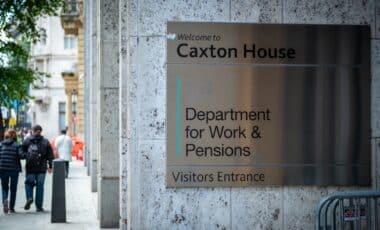As a critical benefit for individuals with disabilities or health conditions, PIP payments are designed to provide financial assistance for mobility and daily living costs. This proactive move reflects efforts to mitigate financial strain during a time of heightened expenses for many households.
Why PIP Payments Are Changing This Year
PIP payment dates have been adjusted to accommodate the bank holidays on January 1st and 2nd, which are part of the holiday season. In order to guarantee beneficiaries have uninterrupted access to their cash, payments due on these days will be made sooner. Similarly, earlier in the holiday season, payments originally scheduled for December 24–27 were distributed in advance, with many claimants receiving them on Christmas Eve.
These adjustments, while beneficial, require recipients to plan their finances carefully, as their subsequent payments will follow the regular schedule. For individuals reliant on this financial support, maintaining stability during the holiday period is vital.
PIP, which offers up to £184 a week for eligible claimants, is a crucial component of the UK’s benefits system, supporting individuals whose conditions necessitate additional help with everyday tasks or mobility.
Government Response and Support During the Festive Period
Highlighting the importance of timely payments, Minister for Social Security and Disability, Sir Stephen Timms MP, addressed the challenges faced by low-income families during the holidays. He stated, “While a time of joy for many, the Christmas period can be overshadowed by financial worry for others, particularly for families on the lowest incomes.”
The government is marketing the Household Support Fund as a tool for people who are having trouble keeping up with the rising cost of living, in addition to changing the dates of payments. The distribution of this money to qualified households in need of extra financial assistance has been left to local authorities. Below are the key criteria and groups considered eligible:
- Low-income households : Not restricted to those receiving benefits; authorities can use discretion to identify need.
- Families with children : Includes families of all sizes, focusing on those facing financial hardship.
- Disabled individuals : Support can help manage additional costs related to disability, such as higher energy bills or transportation.
- Pensioners : Priority for those receiving Guarantee Credit or Savings Credit under Pension Credit.
- Care leavers : Recognised for their unique challenges transitioning to independent living without established support networks.
- Unpaid carers : Assistance for those managing additional costs related to their caregiving roles.
- Households experiencing financial shocks : Temporary support for unexpected crises, such as one-off expenses or income loss.
People who are struggling are urged to get in touch with their local government to find out what resources are available to them.









